Table of Contents
- Introduction
- Understanding weight loss
- Understanding Fat Loss
- Main Differences Between Weight Loss and Fat Loss
- The Benefits of Focusing on Fat Loss Instead of Weight Loss
- Common Myths and Misconceptions
- Conclusion
1. Introduction
In the pursuit of a healthier body, many people want to lose weight. However, there is often confusion between weight loss and fat loss. Although they are related, they are not the same. Understanding the difference can help set more effective fitness goals and achieve better health results.
2. Understanding Weight Loss
Definition of Weight Loss
Weight loss means a decrease in overall body weight due to loss of muscle, fat, and water. It is a general reduction in total body mass and can be achieved through a variety of methods such as diet, exercise, or a combination of both.
Common Methods of Weight Loss
Dietary Changes: Reducing calorie intake or following specific diets.
Increased Physical Activity: Engaging in aerobic exercises, strength training, or other forms of physical activity.
Medical Interventions: In some cases, weight loss can be achieved through medications or surgery.
3. Understanding Fat Loss
Definition of Fat Loss
Fat loss specifically means the reduction of body fat. It is a more precise goal than weight loss, focusing on decreasing the amount of adipose tissue while preserving muscle mass.
Common Methods of Fat Loss
Balanced Diet: Eating a diet rich in protein, healthy fats, and complex carbohydrates.
Strength Training: Building muscle to increase metabolism and burn more fat.
Cardiovascular Exercise: Engaging in activities that increase heart rate and promote fat burning.
4. Main Differences Between Weight Loss and Fat Loss
| Aspect | Weight Loss | Fat Loss |
|---|---|---|
| Definition | Loss of total body weight | Loss of body fat |
| Components Lost | Muscle, fat, and water | Primarily fat |
| Health Implications | May include loss of muscle and nutrients | Focuses on improving body composition |
| Measurement | Weight | Body fat percentage, measurements, and appearance |
5. The Benefits of Focusing on Fat Loss Instead of Weight Loss
Better Health Outcomes: Losing body fat improves cardiovascular health, reduces the risk of chronic diseases, and increases overall fitness.
Improved Body Composition: Focusing on fat loss helps maintain muscle mass, leading to a leaner and more toned physique.
Lasting Results: Fat loss strategies often promote long-term lifestyle changes, which can lead to more lasting results than quick-fix weight loss methods.
6. Common Myths and Misconceptions
Myth: Losing weight and losing fat are the same thing.
Reality: Weight loss can involve the loss of muscle and water, while losing fat specifically targets adipose tissue.
Myth: You have to drastically cut calories to lose fat.
Reality: A balanced diet and regular exercise are more effective and sustainable.
Myth: Cardio is the only way to lose fat.
Reality: Strength training is also important for maintaining muscle and boosting metabolism.
7. Conclusion
Understanding the difference between fat loss and weight loss is important for setting realistic and healthy fitness goals. Focusing on fat loss rather than just weight loss can lead to better health outcomes, improved body composition, and more sustainable results. By adopting a balanced diet, engaging in both cardiovascular and strength training exercises, and making long-term lifestyle changes, individuals can more effectively achieve their fitness goals.






